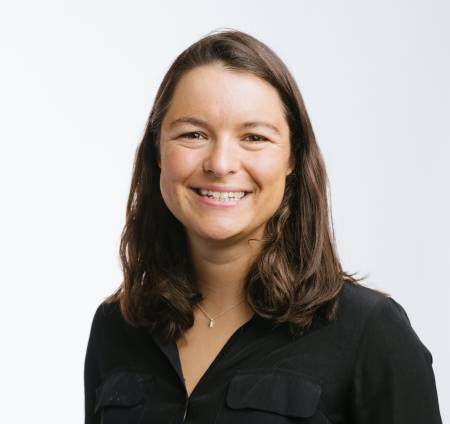
3:30 pm to 4:30 pm
1305 Newell Simon Hall
Abstract: Despite numerous successes in deep robotic learning over the past decade, the generalization and versatility of robots across environments and tasks has remained a major challenge. This is because much of reinforcement and imitation learning research trains agents from scratch in a single or a few environments, training special-purpose policies from special-purpose datasets. In contrast, the rest of machine learning has drawn considerable success from repeatedly reusing broad datasets and recycling pre-trained models for a variety of purposes. Replicating this success in robotics is no easy feat, since robot data doesn’t simply exist in vast quantities on the internet. In this talk, I will discuss how our embodied learning algorithms need to reduce, reuse, and recycle — reducing the need for special-purpose online data collection, reusing existing data, and recycling pre-trained models with various downstream tasks. Towards this goal, I will present research that studies zero-shot robot generalization to new tasks and language commands, using diverse data containing many distinct tasks. I will also discuss how we might develop recyclable pre-trained models for robot learning using large-scale datasets, including language-annotated videos of humans. In all cases, the evaluation will emphasize generalization, including to new objects, new scenes, and new tasks. I’ll conclude by discussing some important open questions and future directions.
Brief Bio: Chelsea Finn is an Assistant Professor in Computer Science and Electrical Engineering at Stanford University, and the William George and Ida Mary Hoover Faculty Fellow. Professor Finn’s research interests lie in the ability to enable robots and other agents to develop broadly intelligent behavior through learning and interaction. Her work lies at the intersection of machine learning and robotic control, including topics such as end-to-end learning of visual perception and robotic manipulation skills, deep reinforcement learning of general skills from autonomously collected experience, and meta-learning algorithms that can enable fast learning of new concepts and behaviors. Professor Finn received her Bachelors degree in Electrical Engineering and Computer Science at MIT and her PhD in Computer Science at UC Berkeley.
Host: Deepak Pathak
For meeting appointments: Stephanie Matvey (smatvey@andrew.cmu.edu)
